
Raising Global IQ
Preparing Our Students for a Shrinking Planet
Recommendation
As national economies become increasingly interwoven, intercultural awareness grows ever more important. Educator Carl F. Hobert explains the necessity of raising students’ “global IQ” and shares a number of clear, straightforward ideas. Though most of his ideas are fresh, much of what he says about learning languages will be old news to Europeans: No one has to suggest to, for example, the French school system, that it should teach more than one language. The helpful “what we can do now” bullet lists ending each chapter almost balance out the strain of dealing with the book’s hard-to-read visual design. getAbstract recommends Hobert’s philosophy and pragmatic, workable suggestions primarily to educators and parents, as well as to trainers in the business of preparing employees for international assignments. These insights and proposals will also intrigue anyone concerned with nurturing and guiding better-informed global citizens.
Summary
About the Author
Carl F. Hobert directs the Axis of Hope Center for International Conflict Management and Prevention, and teaches at Boston University’s School of Education.









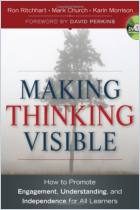
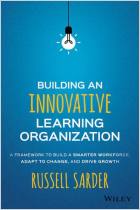
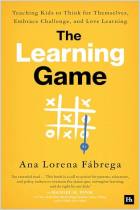
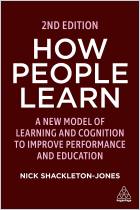
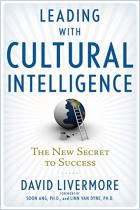
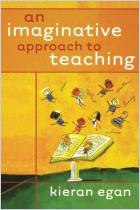







Comment on this summary or 开始讨论